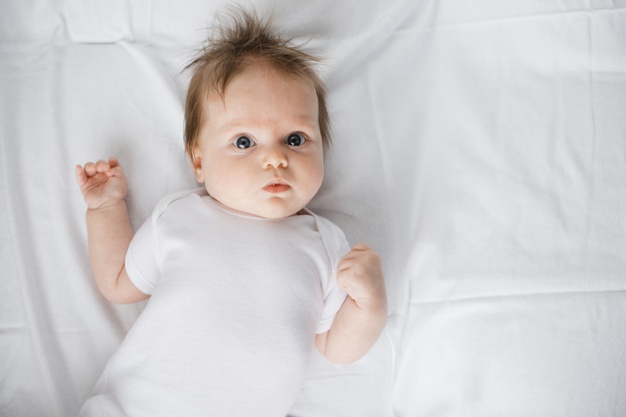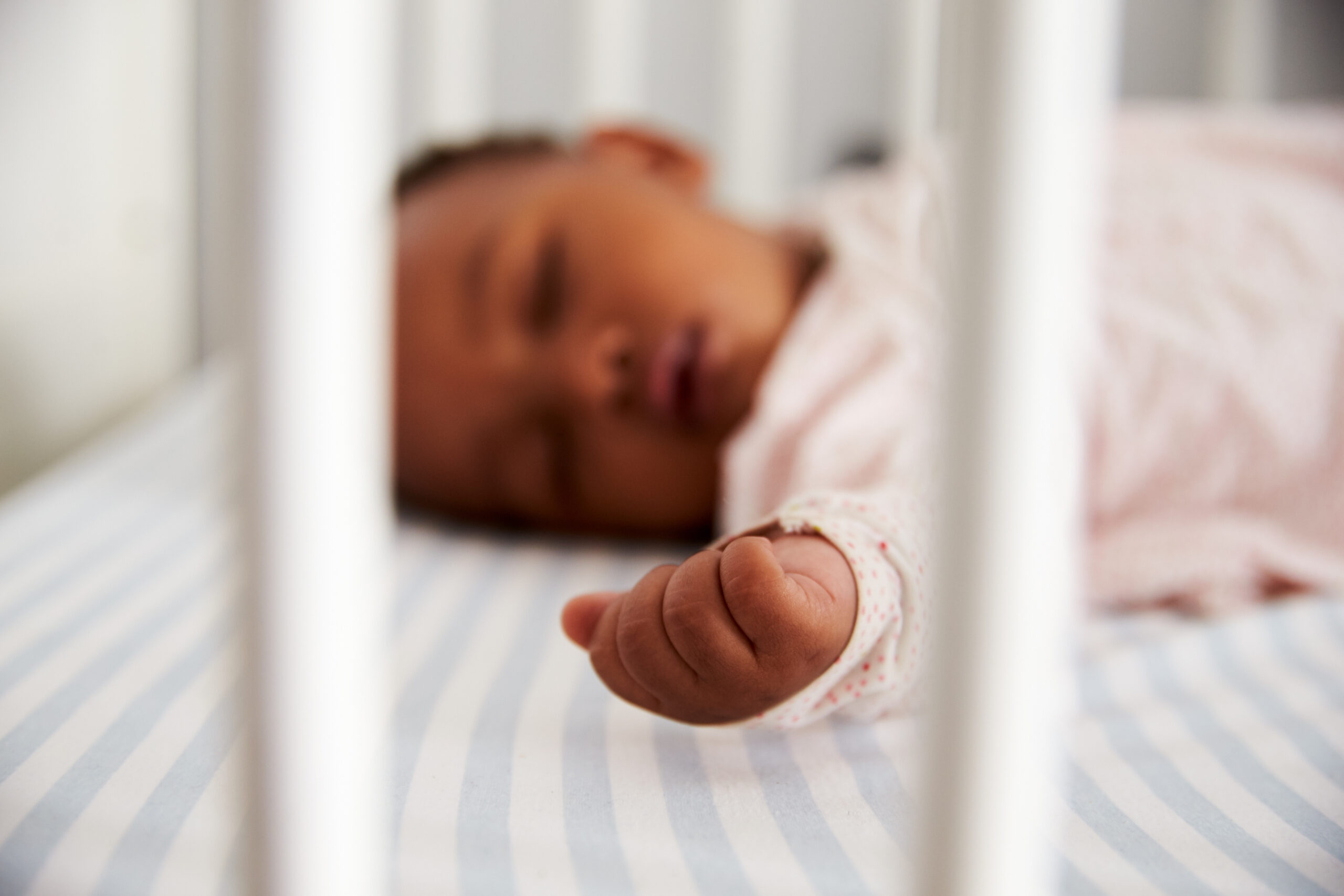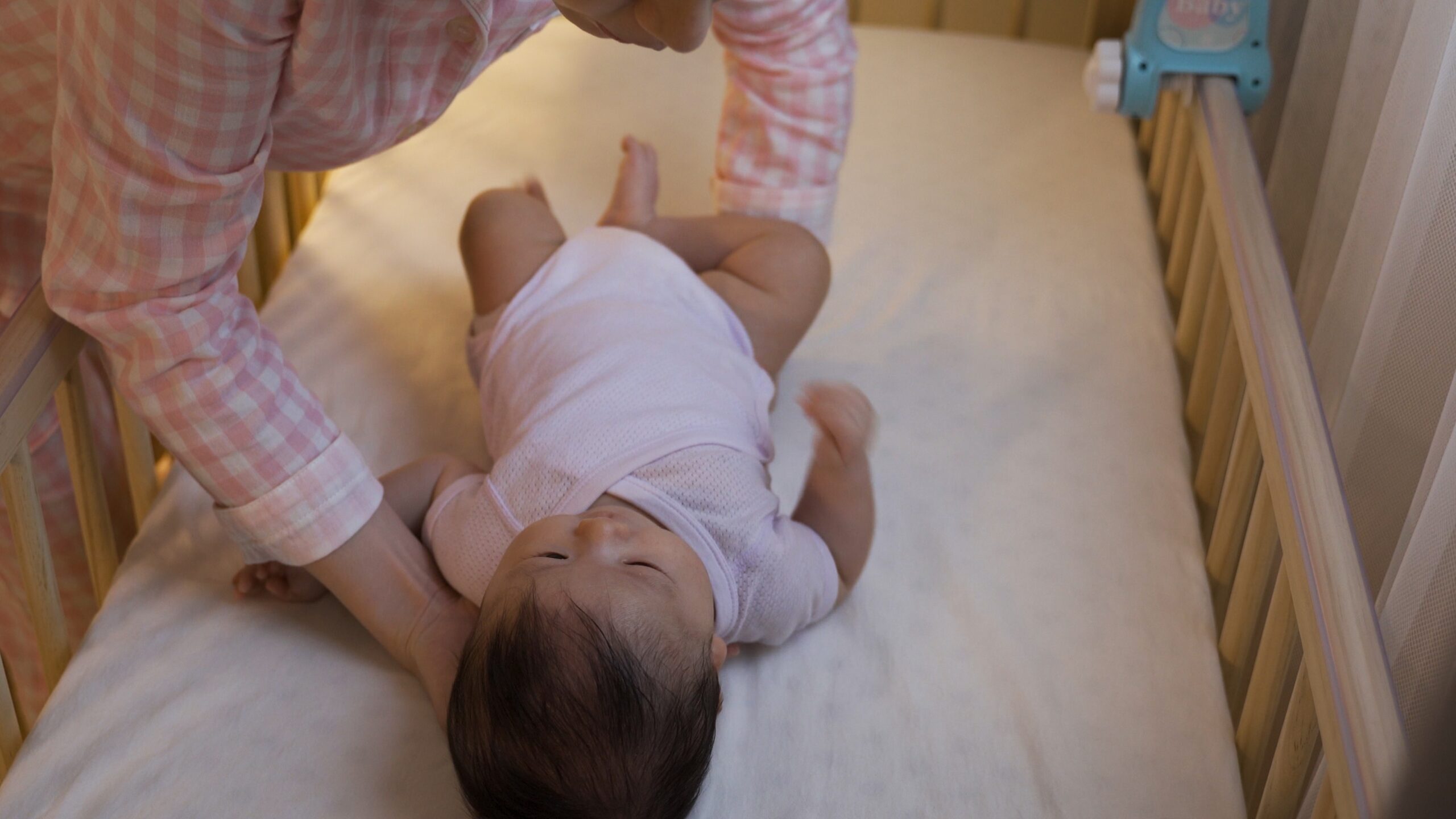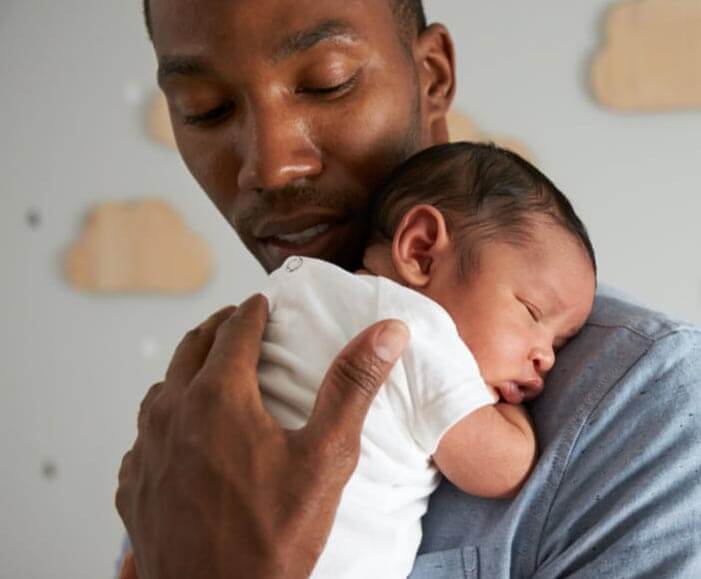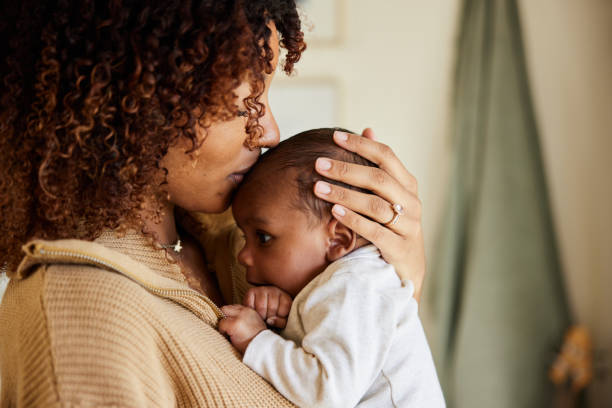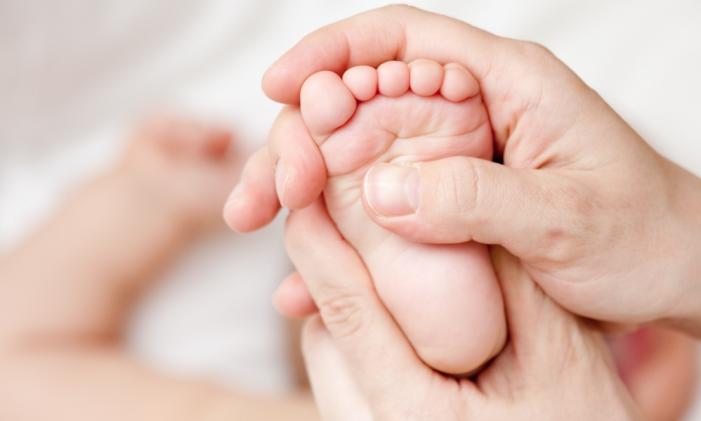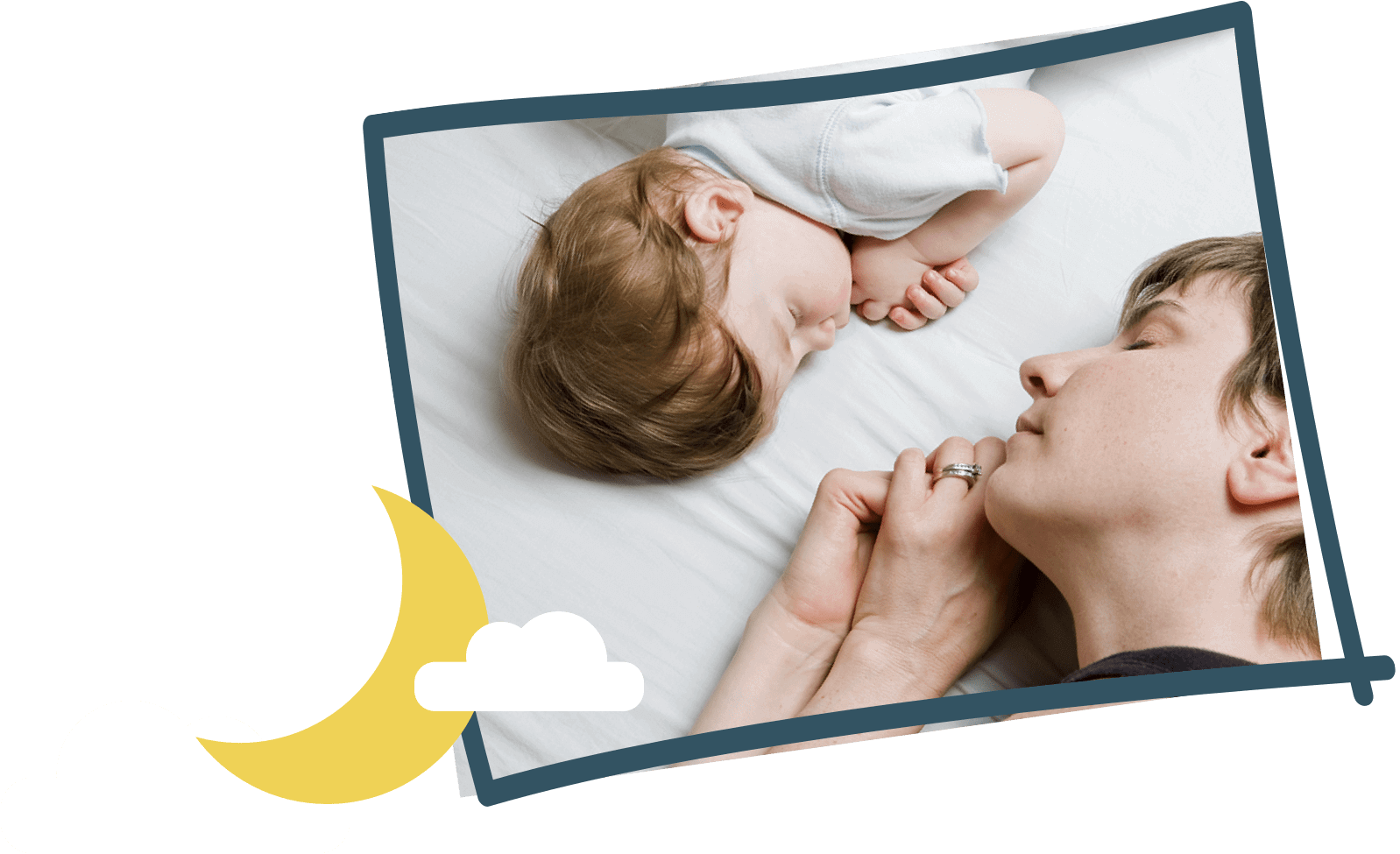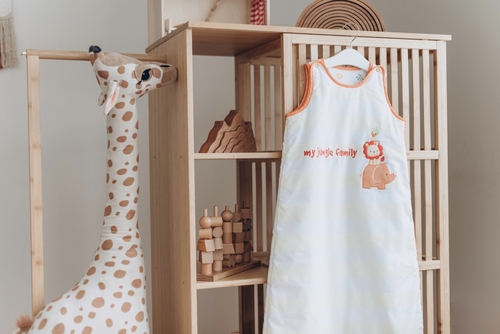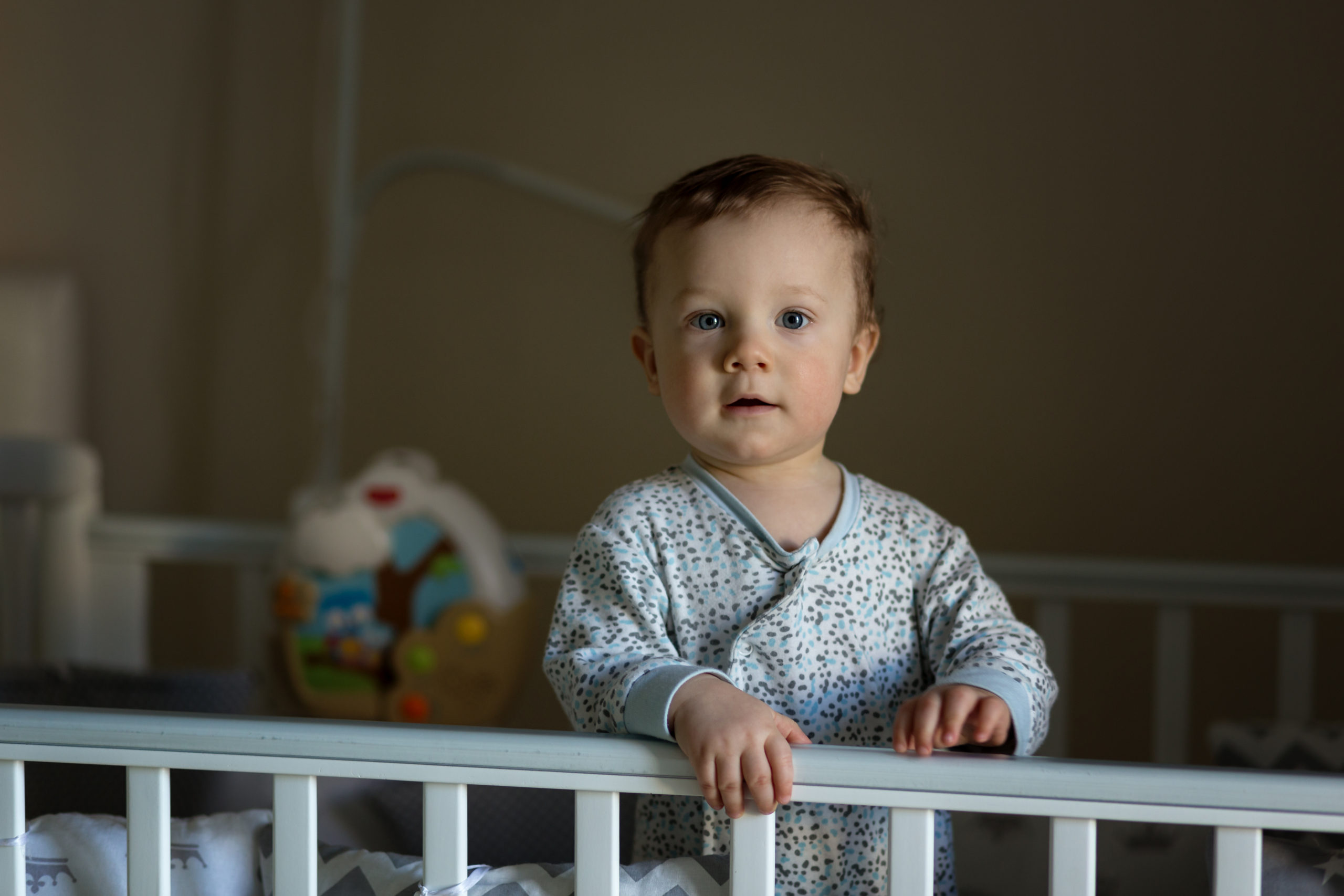White Noise & Baby Sleep: What the Science Says
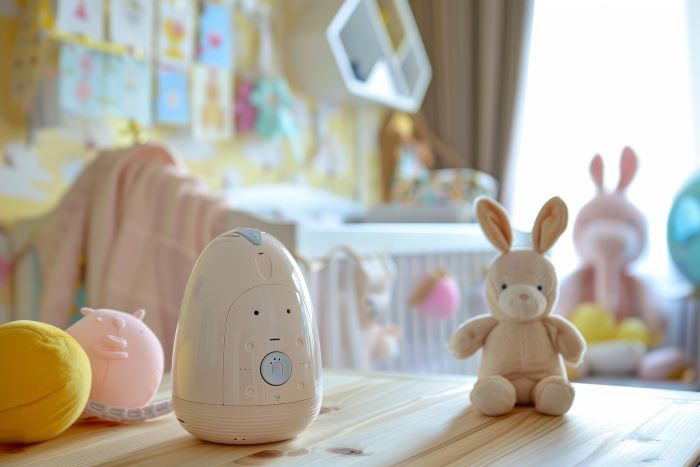
If you’re a parent, chances are you’ve heard that white noise can help babies sleep better. Maybe you were gifted a white noise machine at your baby shower, or perhaps you’ve seen countless sleep experts (and exhausted parents) recommending it on social media.
White noise is often praised as a “no-fail” baby sleep tool, and many parents swear by it, finding they create a soothing sleep environment that blocks out household noises and helps their little one settle more easily.
But is white noise really necessary? And more importantly, is it always safe?
A new study published in Sleep Medicine has raised concerns about how loud some white noise machines are, warning that many exceed safe levels even for adults. The American Academy of Pediatrics (AAP) also provides guidance on how to use white noise safely to ensure it supports—rather than disrupts—healthy sleep.
Let’s break down the latest research and expert recommendations so you can make the best decision for your baby’s sleep.
What Is White Noise?

White noise is a consistent, unchanging sound that combines all audible frequencies together. Parents often use it to help babies sleep because it:
- Masks sudden noises (e.g., traffic, siblings, pets) that could wake a baby
- Mimics the sounds of the womb, where babies hear continuous background noise
- May help babies fall asleep faster and stay asleep longer
It’s important to note that while white noise can be helpful, not all babies need it. Some infants naturally adjust to their environment and sleep well without it.
Does White Noise Actually Help Babies Sleep?
Yes—for some babies.
A study published in the Archives of Disease in Childhood found that 80% of babies fell asleep within 5 minutes when exposed to white noise, compared to just 25% without it.
Other research suggests that white noise can improve sleep efficiency, particularly in environments with frequent background disturbances.
However, it’s important to use white noise correctly, as recent studies have raised concerns about volume levels and long-term effects.
Are White Noise Machines Too Loud for Babies?
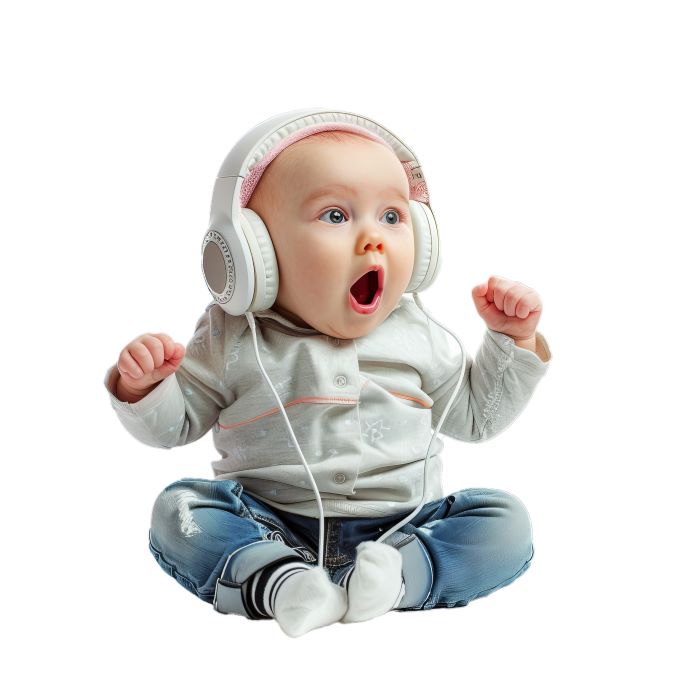
A 2024 study published in Sleep Medicine analysed 14 popular infant white noise machines and found that:
- ALL exceeded the recommended 50 dB when placed near a crib
- Some machines reached 85+ dB—equivalent to city traffic or a lawnmower
- Most machines do not specify volume output, making it difficult for parents to gauge safe levels
Dr. Isaac Erbele, an ear and skull surgery specialist at Brooke Army Medical Center, explained:
“These devices exceeded what is appropriate for hearing health for any individual, just walking around and living their life.” (ABC News)
This means many baby sound machines are louder than recommended for even adult workplaces, making safe use crucial.
Is White Noise Safe for Babies?
White noise can be safe and beneficial, but only when used correctly.
The American Academy of Pediatrics (AAP) provides the following key safety recommendations:
- Keep the machine at least 7 feet (2 meters) away from the crib
- Keep the volume under 50 dB (equivalent to a quiet shower)
- Limit use—white noise should not be played all night
- Check noise levels using a free decibel meter app
A simple way to test? Stand next to your baby’s crib while the white noise is on. If you have to raise your voice to speak at a normal level, it’s too loud.
Can White Noise Affect Hearing or Development?
Concerns have been raised about whether prolonged exposure to white noise could impact hearing, speech development, or auditory processing. Here’s what research tells us:
Hearing loss risk: Long-term exposure to loud white noise (above safe limits) could contribute to hearing damage over time. (Pediatrics)
Speech delays: There is no evidence that white noise at safe levels causes speech delays, but babies need regular exposure to speech and language during awake time.
Auditory processing concerns: A commonly cited study on rats exposed to continuous 24-hour white noise suggested potential issues with auditory development, but this does not reflect normal use in babies. When used just for sleep, there’s no evidence of negative effects.
Bottom line? White noise should be used only during sleep and at a safe volume—not 24/7.
How to Use White Noise Safely for Baby Sleep
If you choose to use white noise, follow these safety guidelines:
- Only use white noise if environmental sounds are disrupting sleep
- Keep the volume under 50 dB (check with a decibel meter app)
- Place the machine at least 7 feet (2 meters) from the crib
- Use it for settling, but avoid playing it all night
- Try alternatives: Soft lullabies, natural sounds, or a fan
🔍 Not sure if your white noise is too loud? If it sounds louder than a running shower, turn it down.
When Should You Stop Using White Noise?
There’s no strict need to stop using white noise as long as it remains at a safe volume. However, some parents choose to phase it out over time.
You can:
- Gradually reduce the volume every few nights
- Shorten the duration, using it just for settling instead of all night
Some adults even continue using white noise for sleep into later life—so it’s really about what works for your child!
Final Thoughts: Does Your Baby Need White Noise?
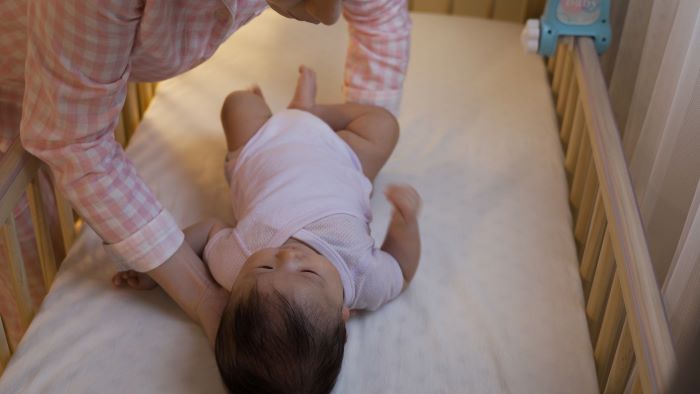
White noise can be helpful, but it isn’t essential for all babies. If your baby sleeps well in a quiet environment, there’s no need to introduce it.
But if external noise regularly disrupts your baby’s sleep, a properly used white noise machine can be a useful tool. The key is to use it safely—keeping volume low, distance far, and limiting duration.
Need Expert Sleep Support?
If you’re struggling with your child’s sleep and need expert guidance, Millpond Sleep Clinic is here to help.
Our science-backed sleep solutions have helped thousands of families—let us help yours, too!
📞 Contact us today to book a consultation and start your journey to better sleep.
Written March 2025
